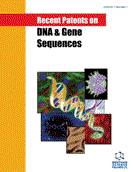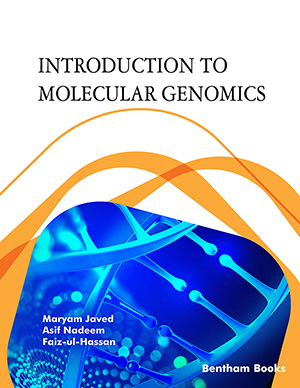Abstract
The antiproliferative and antitumor effect of leaf ribonuclease was tested in vitro on the human ML-2 tumor cell line and in vivo on athymic nude mice bearing human melanoma tumors. The antiproliferative activity of this plant ribonuclease in vitro studies was negligible. In the experiments in vivo a significant decrease of the tumor size, however was observed. From nucleases the mung bean nuclease (PhA) was studied first from nucleases. The antitumor effect of this enzyme on ML2 human tumor cell line was almost non-effective. However, significant antitumor activity was detected on human melanoma tumors in vivo. The antitumor effect of black pine pollen nuclease (PN) tested in vitro was also negligible. On the other side, in the experiments in vivo a significant decrease of the human melanoma tumor size was observed too. Recombinant plant nucleases of tomato (TBN1) and hop (HBN1) (submitted to patenting under no. PV 2008-384;Z7585) were isolated to homogeneity and examined for their antitumor effects and cytotoxicity. Although antiproliferative effects of both recombinant nucleases were not significant on the ML-2 cell culture in vitro, the nucleases were strongly cytostatic in vivo after their administration intravenously as stabilized conjugates with polyethylene glycol (PEG). Recombinant both nucleases were as effective against human melanoma tumors as previously studied pine pollen (PN) and mung bean nucleases and their effects were reached at about ten times lower concentrations compared to the use of bovine seminal RNase (BS-RNase).
Keywords: Anticancer, antiproliferative cytotoxic, effect human, nuclease, plant ribonuclease
 18
18











